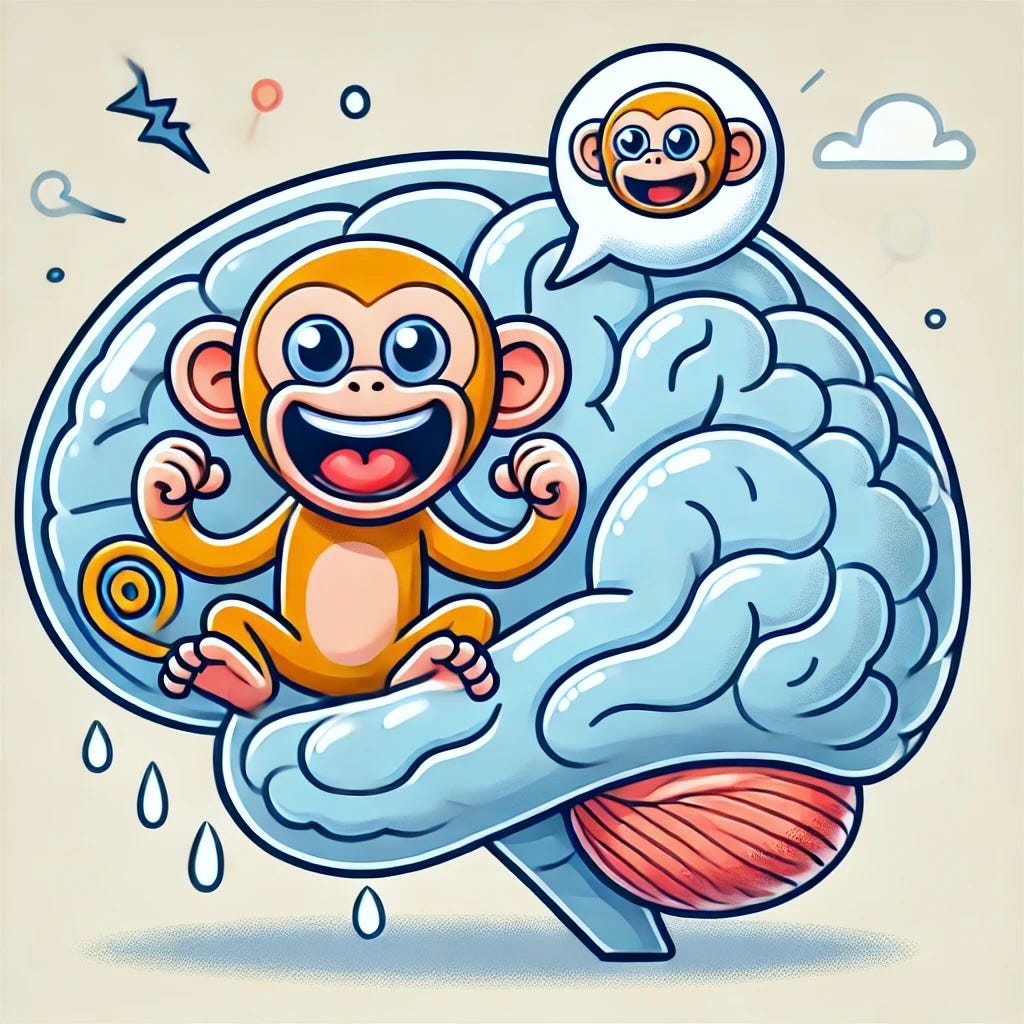Question: What would you like to do today?
Answer: As little as possible.
Question: What are you trying to prove?
Answer: Once you realize that everything is not tangible but ephemeral, accomplishment no longer matters.
William James, the father of modern psychology, believed that when you drop the illusions you have about yourself needing to achieve that which you can never achieve your burden is lessened and produces what he described as a “lightness of heart.”
Question: Who are you kidding?
Answer: Most people kid themselves by sticking to their righteousness.
Question: What are you worried about?
Answer: Would it help to worry? No, because worry is a waste of time and mental energy; it detracts from being present and inhibits your power.
Padre Pio, the now-sainted mystic monk and intercessionist, repeatedly counseled the following mantra to tens of thousands of believers who made pilgrimages to his monastery in San Giovanni Rotondo: “Pray, hope, don’t worry.”
In other words, if you need to think about a worrisome issue, do so in a positive light and visualize a positive outcome.
Question: What’s your problem?
Answer: I have 83 of them, like everyone else, and when one of them gets solved it is quickly replaced by another. (The 84th problem—not worth having—is wanting all your problems to disappear.)
Part of life’s journey is having problems—and the satisfaction that comes from untangling them. So welcome problems as a challenge, not to be dwelled upon but to solve—as if they were puzzles—in your dreams at night.
Question: Are you crazy?
Answer: “When we remember we are all mad,” said Mark Twain, “the mysteries disappear and life stands explained.”
Question: Penny for your thoughts?
Answer: The chattering monkey is behind bars and under observation but not ignored because coexistence of soul and self/ego is healthy so long as you know the difference between the two, best summed up by Beat poet Allen Ginsberg: Notice what you notice. Don’t be led astray by the chattering monkey, i.e., your ego. (Put another way, allow your ego to amuse, not abuse.)
REPENT, the first command of Jesus of Nazareth, has nothing to do with a moral code but means change the way you think, which Jesus likely adopted from Buddhist teachings about awakening, awareness, being a light upon oneself and seeking solitude for prayer instead of submitting to the corrupt hierarchy of a temple.
Question: What shall we do about it?
Answer: Invest your thoughts as wisely as you would your time and money and don’t believe everything you think.
Question: What do you think?
Answer: Careful with that. Thinking has an energy all its own that shapes what we become.
Question: What do you mean?
Answer: Meaning is something ego makes up for its own self-righteous reasons.
Question: Is everything all right?
Answer: Everything is just the way it’s supposed to be.
Question: What’s wrong?
Answer: Nothing other than what your chattering money might be creating to distract you from stillness, silence and the present moment.






